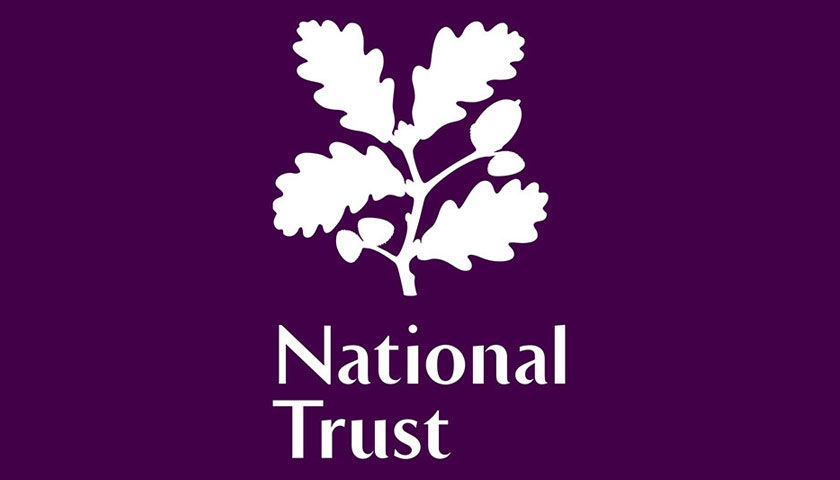The National Trust is putting down the roots of its first major community woodland, with 90,000 trees due to be planted over the next three years.
The conservation charity aims to create a 120-hectare future-proof woodland at Wembury Barton Farm on the stunning south Devon coast – equivalent in size to 168 football pitches. This will not only become a haven for wildlife but also for individuals and the wider community around Plymouth.
With tree planting now underway, the existing 36 hectares of woodland at Wembury will be expanded by 84 more hectares of new planting over the coming three years, forming a rich mosaic of woodland and wood pasture. Nearly four kilometres of new hedgerow and banks will also be planted. The area will also sequester a significant amount of carbon as the trees mature.
A wide range of people will be able to access and enjoy this woodland on a network of new multi-user and other paths, bringing them closer to nature and helping to improve both mental and physical well-being.
The project has been made possible thanks to Plymouth and South Devon Community Forest, of which the National Trust is a partner with Plymouth City Council, South Hams District Council and West Devon Borough Council and the Woodland Trust. The project is funded by Defra’s Trees for Climate programme.
Richard Snow, National Trust Countryside Manager at Wembury, said, “A woodland of this scale can really start to address the climate emergency and create nature-rich habitats, while also providing accessible places for people to appreciate and treasure.
“It’s all about the right trees in the right place. Here at Wembury, the dream is becoming a reality as a carefully planned mix of native trees and wood pasture creates a lasting legacy, which will forever be a special place in the landscape.”
There will be more than 25 different species of native trees, with a predominance of oaks, giving it the greatest chance of surviving changes in climate and any future tree diseases. The Woodland Trust has supplied most of the native broadleaf trees, which are UK and Ireland sourced and grown. There’ll also be an orchard of fruit trees, planted in an area which is known to be good for bats. Wood pasture is an open landscape of flower-rich meadows where animals can graze and shelter around trees and shrubs. By this spring alone, with the public’s help, more than 33,000 trees will be planted, covering about 17 hectares. And this is just the beginning.
Peter Hawking-Sach, Project Manager at Plymouth and South Devon Community Forest, said, “The community woodland at Wembury sits in a dramatic coastal location near Plymouth, and not only will nature flourish here but so will people. Future generations will help to shape their environment through involvement in creating and managing the rich mix of habitats that make up this woodland.
“Unlike traditional forests, Plymouth and South Devon Community Forest isn’t geographically restricted to one place. Instead, it encompasses a mix of community woodlands, private woodlands, urban street trees, wooded habitat corridors, and hedgerows across South and West Devon.”
As the woodland at Wembury springs into life, it will create new homes and corridors for wildlife including bats and other mammals such as hares, barn owls and small rodents. Woodcocks, redstarts and fieldfares, among many others, should also return along with rare migrating clouded yellow butterflies and numerous other insects.
Creating such a large and diverse woodland offers many people the chance to get involved with and love the nature near where they live. The National Trust team at Wembury will care for it with the vital and enthusiastic support of volunteers and local community groups.
John Deakin, Head of Woodlands at the National Trust said, “We are in the midst of a biodiversity and climate crisis and need to do all we can to provide more space for nature and store carbon across all National Trust land.
“This project is a fantastic example of ambition put into action, providing long-term benefits for people and nature and making a significant contribution to the Trust’s commitment to achieving a carbon net zero target by establishing 20 million trees on our land by 2030.”
